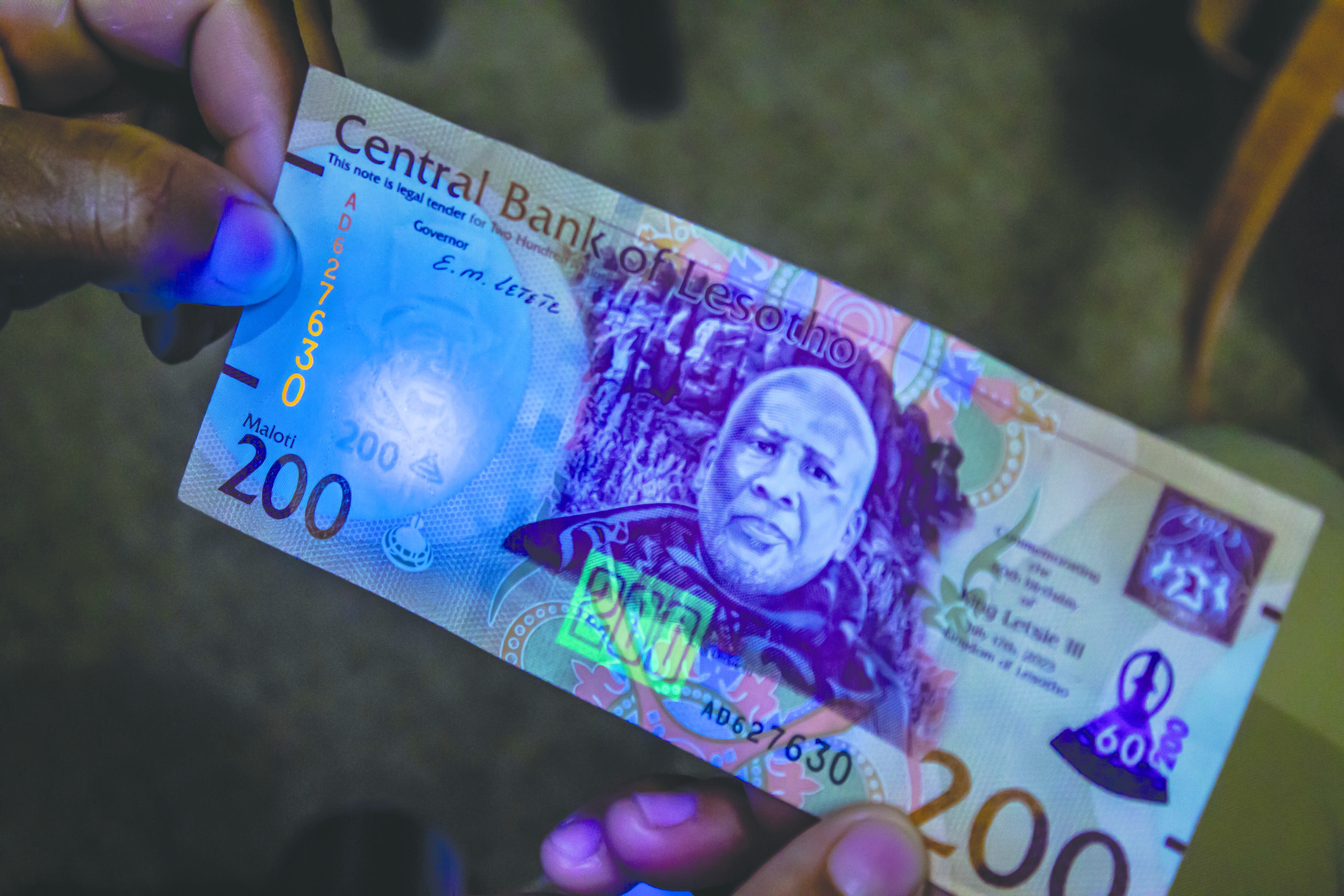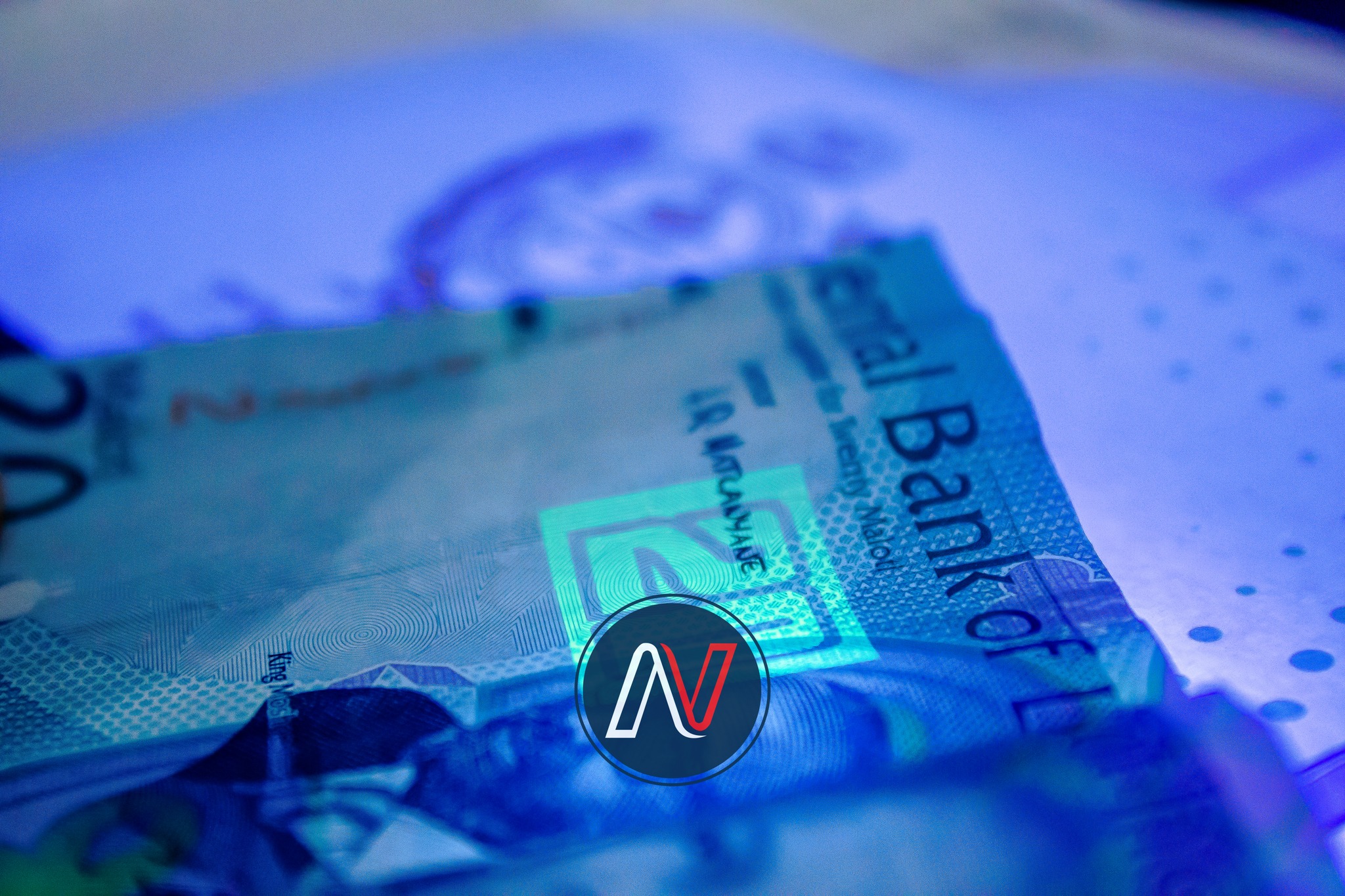Seabata Mahao
The Central Bank of Lesotho (CBL) has condemned businesses for refusing to accept bronze coins, reminding them that rejecting such currency is illegal.
This follows reports of a rising trend where businesses, including retailers, are turning away 10 and 20 lisente coins, forcing the CBL to issue a firm warning.
CBL warned that by refusing to accept bronze coins, businesses were disrupting the lawful circulation of currency and emphasised that this practice was not only unlawful but also undermined the nation’s monetary system.
The bank urged the public to report any service providers refusing these coins to their nearest police station.
In addition, it was reported at the same meeting that several government ministries have stopped accepting payments in South African Rands, citing concerns over counterfeit notes and illegal money.
The meeting aimed to discuss risks affecting currency circulation, with the CBL taking the opportunity to enhance knowledge about currency security features and overall currency integrity.
The CBL warned that such practices could have serious repercussions for Lesotho’s economy and international trade relations.
During the meeting, ministries were trained on how to differentiate between real and counterfeit money. The CBL emphasised that rejecting legal tender, such as coins or South African banknotes, is not only unlawful but also harmful to the country’s economic growth.
Many government officials, however, voiced concerns over the lack of equipment, such as Ultra Violet (UV) light detectors, which would allow them to verify the authenticity of the money.
CBL’s Head of Legal, Thato Ramosena, explained that this issue arose following a series of ATM bombings in South Africa, where dye-stained money began circulating in Lesotho. Ramosena advised institutions like supermarkets and retailers to use detection machines to identify stained notes rather than rejecting all currency outright.
“Vendors, shops, supermarkets, and retailers must stop rejecting bronze coins, as doing so disrupts the circulation of currency,” Ramosena said.
“The Maloti and Rand hold equal value and circulate together in Lesotho. Refusing to accept the Rand can negatively impact our economy, as both currencies are integral to its operation,” he added.
He further noted that rejecting the Rand violates the Multilateral Monetary Agreement, which allows the free flow of capital between Lesotho, South Africa, Eswatini, and Namibia. Such actions, Ramosena warned, could result in sanctions or penalties against Lesotho in international markets.
CBL’s Statistics and Forecasting Officer, Palesa Manosa, added that counterfeit currency undermines public confidence in the monetary system, ultimately harming the economy. She advised that counterfeiters tend to target high-value notes like the M100 and M200 denominations.
The Acting Director of Operations at CBL, Mamokhali Shale, reiterated that it is illegal for ministries to deny services to Basotho when they present legal tender.
“You cannot refuse service without evidence that the money is counterfeit. We receive numerous complaints from citizens denied services despite having legitimate money.”
Shale urged ministry officials to report to their managers and request the necessary equipment, such as detection machines, to help them properly verify banknotes. She also stressed that Basotho have the right to take legal action against ministries that refuse to accept legitimate currency and that the CBL itself may take legal steps in response to such violations.
During the meeting, Nthupi Marathane from the Department of Crops in the Ministry of Agriculture expressed frustration over their lack of equipment. She explained that they receive large amounts of South African banknotes from farmers purchasing fertilizers and seeds.
Summary
- Steps to reviewing and confirming the genuineness of a bank note from sight, feel and use of Ultra-Violet light.
- CBL warned that by refusing to accept bronze coins, businesses were disrupting the lawful circulation of currency and emphasised that this practice was not only unlawful but also undermined the nation’s monetary system.
- She also stressed that Basotho have the right to take legal action against ministries that refuse to accept legitimate currency and that the CBL itself may take legal steps in response to such violations.

Your Trusted Source for News and Insights in Lesotho!
At Newsday Media, we are passionate about delivering accurate, timely, and engaging news and multimedia content to our diverse audience. Founded with the vision of revolutionizing the media landscape in Lesotho, we have grown into a leading hybrid media company that blends traditional journalism with innovative digital platforms.









